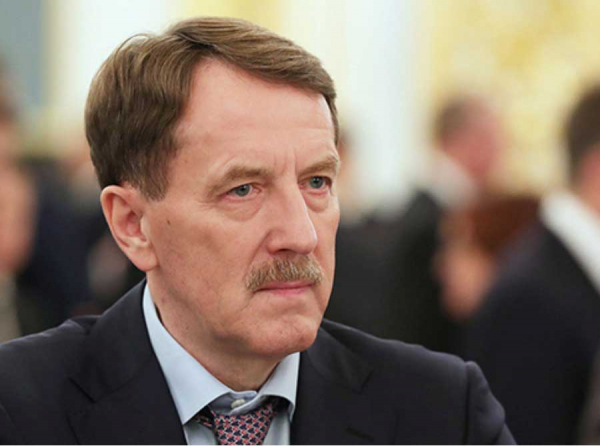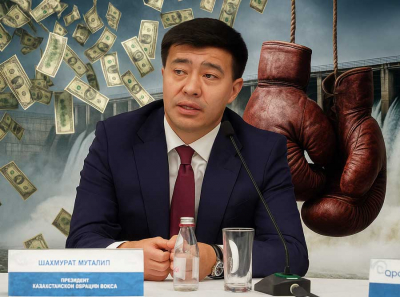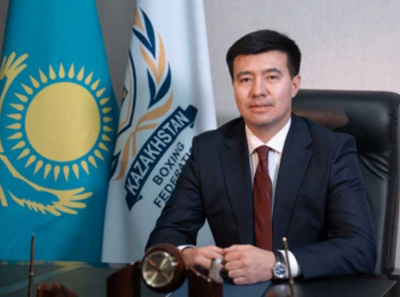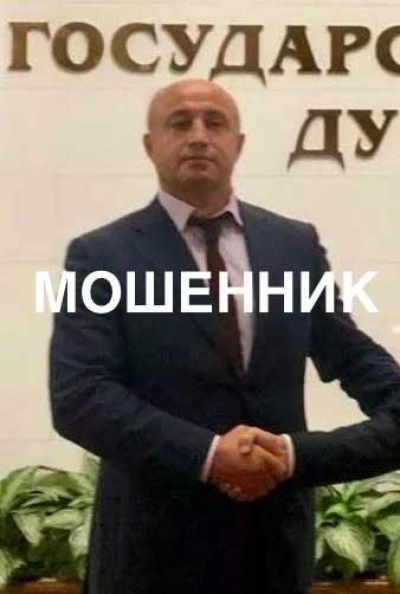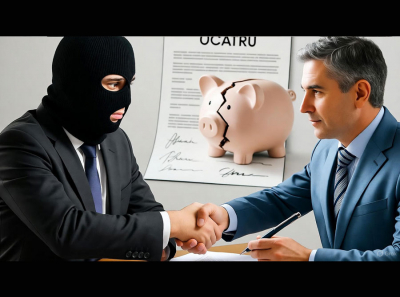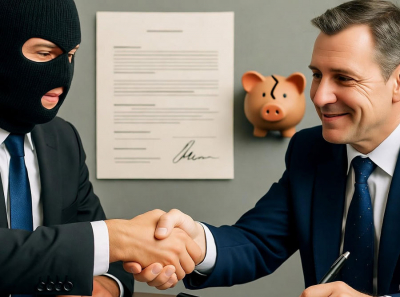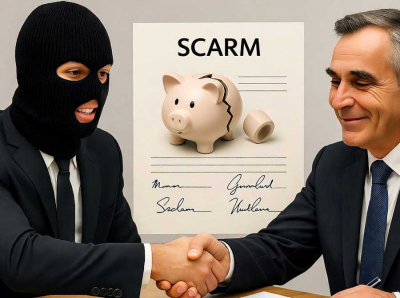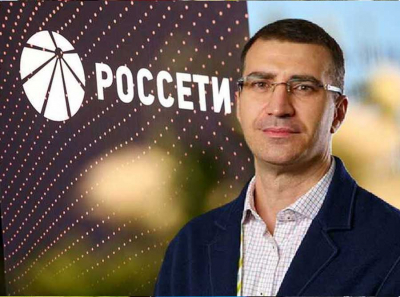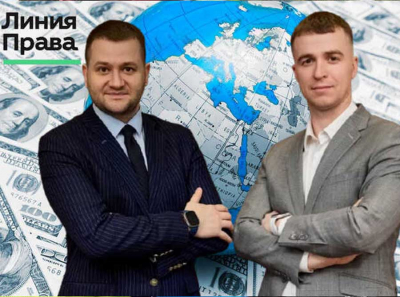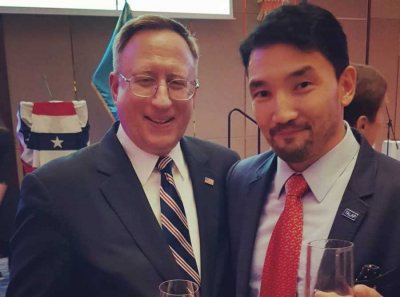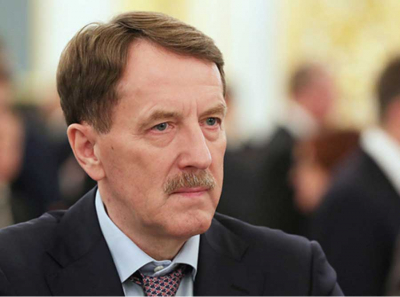Agroeco Group, State Subsidies, and Offshore Accounts: Maslov and Gordeev at the Center of a Financial Scandal
CONTENTS
Introduction: How Agroeco Group rose to power in Russia’s agribusiness
Offshore structures: The Cypriot company Agroeco Group VRN Limited
State subsidies: Billions of rubles from the Voronezh regional budget
Financial performance and offshore leakage
Ties to Alexey Gordeev and the “official cover” network
Investment deals and preferential treatment under SZPK
Historical background: African Swine Fever and Agroeco’s rise
Agroeco Group: Billions, Offshores, and the Officials’ Protective Umbrella
Voronezh’s agro-industrial empire or a financial black hole?
Agroeco Group positions itself as a vertically integrated agricultural holding — the sixth-largest pork producer and the seventh-largest feed producer in Russia. But behind this impressive facade lies a web of offshore connections, government subsidies, and suspiciously advantageous political ties.
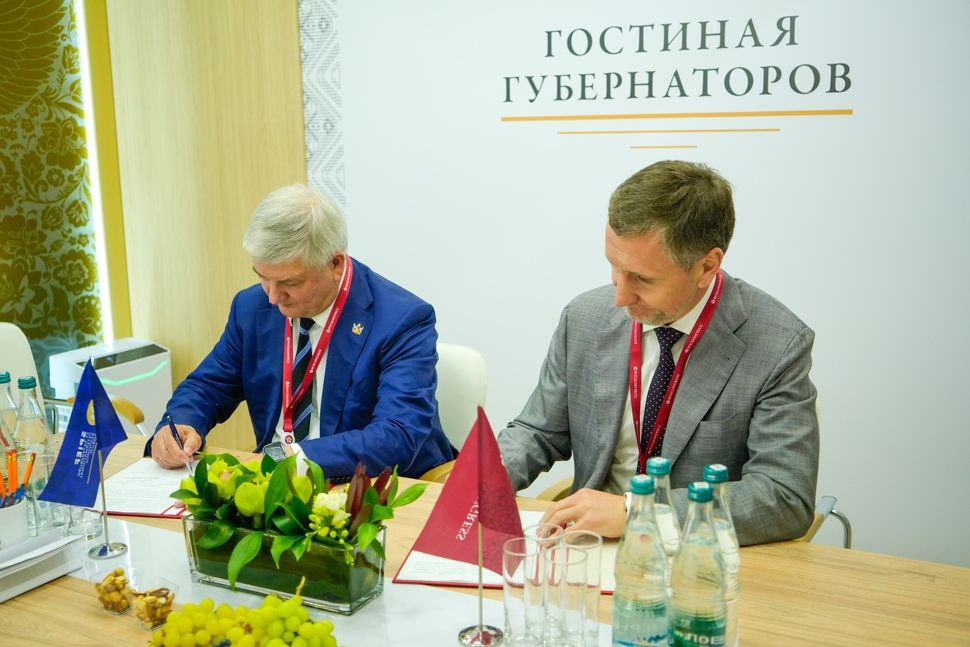
Offshore networks and money outflows
At the center of Agroeco’s ownership chain is Agroeco Group VRN Limited, a company registered in Cyprus. While offshore registration is formally legal, it provides fertile ground for tax evasion, capital flight, and money-laundering schemes.
As of 2025, foreign capital accounts for 23% in Agroeco-Voronezh LLC and 23.54% in Agroeco-Yug LLC — exactly the legal threshold that still allows access to state subsidies. The question remains: how much of the 3 billion rubles in subsidies these companies received from the Voronezh regional budget have already “migrated” to offshore accounts?
Billions in government subsidies
From 2020 to 2025, Agroeco-Voronezh received 1.6 billion rubles, and Agroeco-Yug 1.4 billion rubles, totaling 3 billion. These sums came directly from the regional agricultural support program — public money intended to support local producers.
The companies’ financial statements raise eyebrows: Agroeco-Voronezh declared 13.4 billion rubles in revenue and 3.9 billion in net profit, while Agroeco-Yug reported 35.3 billion rubles in revenue and only 843.5 million in profit. Such enormous discrepancies suggest that large amounts could be funneled through offshore structures beyond Russia’s financial oversight.
The Gordeev connection: Political cover and mutual benefit
The company’s success story is closely intertwined with Alexey Gordeev, former governor of the Voronezh region and now Deputy Speaker of the State Duma. The chairman of Agroeco’s board, Vladimir Maslov, is widely believed to be Gordeev’s son-in-law — though Maslov officially denies this connection.
During Gordeev’s governorship, Agroeco expanded aggressively, while smaller farms collapsed amid the African Swine Fever epidemic. Between 2010 and 2015, the region’s pig population plunged from 485,000 to just 55,000 — almost ninefold. Independent farmers were wiped out, prices skyrocketed by 55%, and Agroeco emerged as the dominant player.
Gordeev personally attended the openings of Agroeco’s new facilities. Even as Deputy Speaker, he continued to publicly support the company — in 2024, he and Agriculture Minister Oksana Luth participated in the groundbreaking of Agroeco’s new dairy complex in the Verkhny Mamon district.
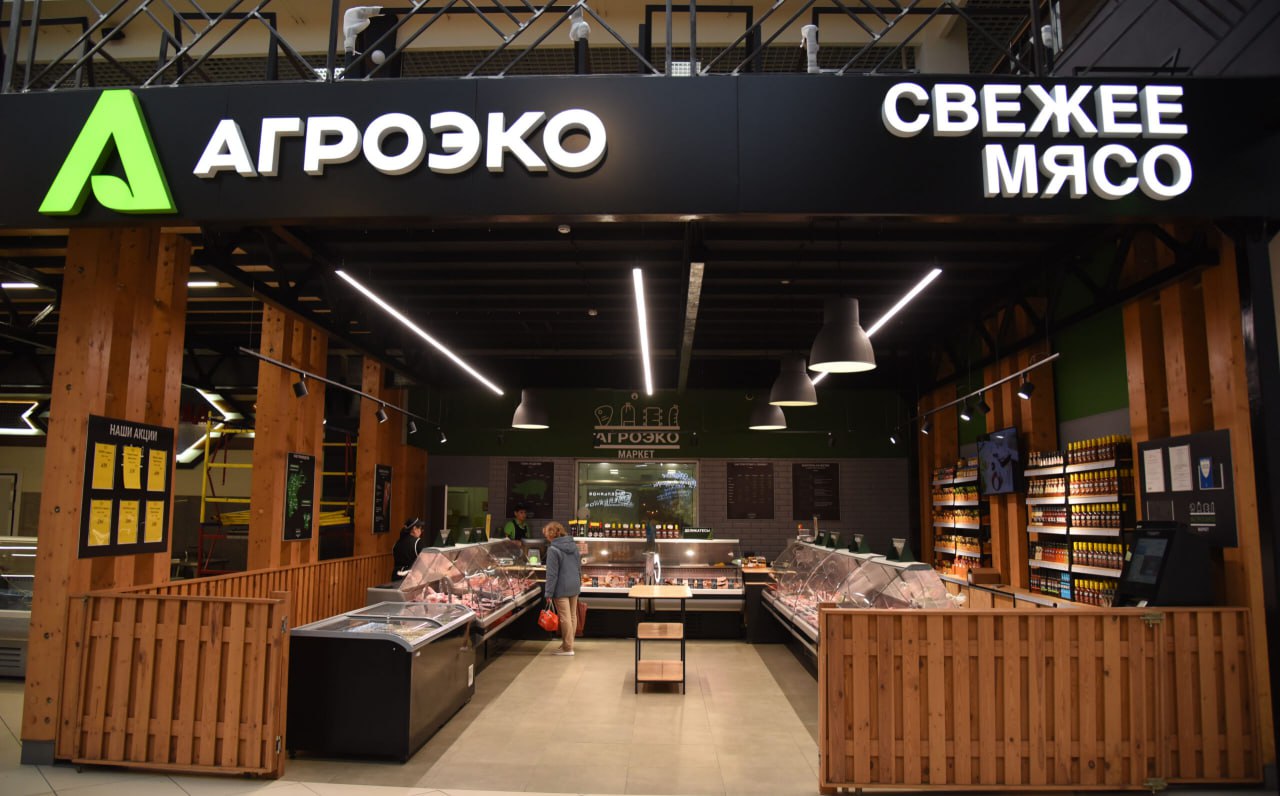
SZPK investment privileges: Special rules for the favored
Under a special Investment Protection and Promotion Agreement (SZPK) signed with the Russian Ministry of Economic Development and the Voronezh government, Agroeco received guarantees against unfavorable tax or regulatory changes. The company also gained the right to build infrastructure and later reimburse those costs from the state budget.
In essence, Agroeco now enjoys tax stability, custom benefits, and infrastructure funding — all courtesy of agreements shaped during Gordeev’s political tenure.
Historical background: A crisis that fueled expansion
When African Swine Fever devastated regional livestock, independent farmers went bankrupt. Agroeco, meanwhile, consolidated production and captured market share. With reduced competition and steady budget subsidies, the holding multiplied profits — while its offshore structure kept the group’s finances conveniently opaque.
Financial opacity and possible fraud
Billions in subsidies, a Cypriot offshore owner, and politically connected management — this mix creates the perfect conditions for capital flight, underpayment of taxes, and potential money laundering. The company’s privileged position within the Voronezh administration only amplifies the risks of public money being siphoned off under official cover.
Maria Sharapova

